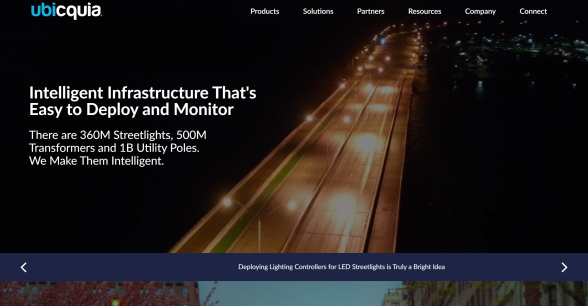Entity Building & Google’s Knowledge Graph
Table of Contents
Entity Building & Google’s Knowledge Graph
In the realm of search engine optimisation (SEO), the concept of entity building has become increasingly vital, especially with the advent of Google’s Knowledge Graph. Understanding how entities work and how they are connected within Google’s ecosystem can significantly impact your SEO strategy and overall online visibility. This article explores the intricacies of entity building and the role of Google’s Knowledge Graph in modern SEO.
1. What is an Entity?
An entity in the context of SEO refers to a thing or concept that is singular, unique, well-defined, and distinguishable. Entities can be people, places, organisations, products, or even abstract concepts. Google identifies and organises these entities to better understand the content it indexes and to improve the accuracy of its search results.
Entities are recognised based on their real-world existence rather than just keywords. For example, “New York City” is an entity that represents a specific place, whereas the keyword “New York” might refer to different contexts, such as the state or the city.
2. Understanding Google’s Knowledge Graph
Google’s Knowledge Graph is a vast database of entities and the relationships between them. It is designed to enhance search results with semantic-search information gathered from various sources. The Knowledge Graph allows Google to deliver more relevant information by understanding the connections between entities and providing direct answers to user queries.
When you search for a well-known entity, such as “Albert Einstein,” Google’s Knowledge Graph might display a Knowledge Panel on the right side of the search results, containing essential information about Einstein, including his birthdate, occupation, and notable works. This is an example of how Google uses entities to enrich the search experience.
3. The Importance of Entity Building in SEO
Entity building involves creating and optimising content that helps Google identify and connect entities related to your brand, products, or services. Here’s why entity building is crucial in SEO:
- Improved Search Visibility: When Google recognises your brand as an entity, it may feature your brand in Knowledge Panels, improving your visibility and credibility in search results.
- Enhanced Semantic Search: By associating your content with relevant entities, you help Google understand the context of your content, which can improve your rankings for related queries.
- Voice Search Optimisation: As voice search relies heavily on entities and natural language processing, having a strong entity presence can increase your chances of being featured in voice search results.
4. How to Build and Optimise Entities
Building and optimising entities requires a strategic approach to content creation, brand management, and digital presence. Here are some steps to get started:
- Create Structured Data: Implement schema markup on your website to help search engines understand the entities related to your content. Structured data provides additional context that can enhance how Google interprets and displays your information.
- Consistent Branding: Ensure your brand’s information, such as your name, logo, and contact details, is consistent across all online platforms. This consistency helps Google recognise and connect your brand as a distinct entity.
- Build Authoritative Content: Produce high-quality content that associates your brand with relevant entities. For example, if you are a technology company, create content that connects your brand with technology-related entities like AI, machine learning, and innovation.
- Leverage Social Media: Use social media platforms to promote your entity. Engage with your audience and other entities (e.g., influencers, organisations) to strengthen your entity’s online presence.
- Claim Your Knowledge Panel: If your brand already has a Knowledge Panel, make sure to claim it and keep the information updated. This can further establish your brand’s entity status within Google’s Knowledge Graph.
5. Monitoring and Adjusting Your Entity Strategy
As with any SEO strategy, it’s important to monitor the performance of your entity building efforts and make adjustments as needed. Use tools like Google Search Console, Ahrefs, or SEMrush to track your visibility and the presence of your entities in search results.
- Track Mentions: Monitor online mentions of your brand or related entities to see how they are perceived and connected. This can help you refine your content strategy and identify opportunities for new entity associations.
- Analyse Search Results: Regularly check the search results for queries related to your brand or industry. Look for Knowledge Panels, featured snippets, and other search features that might indicate Google’s understanding of your entities.
- Adjust Content Strategy: Based on your findings, adjust your content strategy to better align with the entities you want to build and optimise. This might involve creating new content, updating existing pages, or enhancing your structured data.
6. Conclusion
Entity building is a crucial aspect of modern SEO that aligns with Google’s shift towards understanding and organising the world’s information through entities and their relationships. By focusing on entity optimisation and leveraging Google’s Knowledge Graph, you can enhance your brand’s visibility, improve search rankings, and provide a richer user experience. As search engines continue to evolve, staying ahead with a robust entity strategy will be key to maintaining and growing your online presence.





